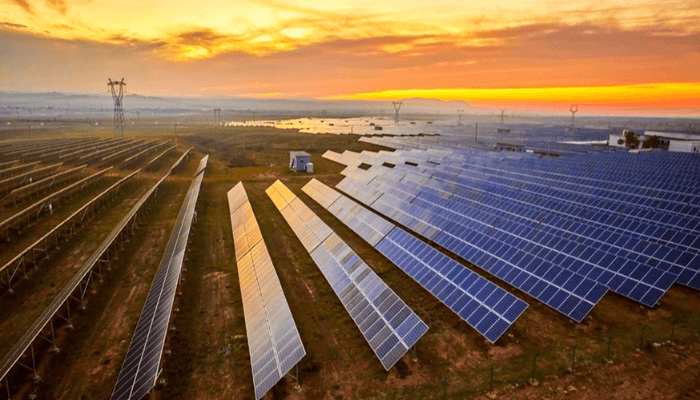Generation

Nigeria climbs Africa’s solar ranks, now 5th largest installer

The Global Solar Council attributes this growth to the removal of petrol subsidies, which has spurred the adoption of solar in a country where residential and off-grid systems are traditionally dominant.
The federal government scrapped petrol subsidies in May 2023, leading to a surge in fuel prices and making solar a more attractive alternative for businesses and households.
“Despite Nigeria securing a spot among the top 10 solar PV installers with 73 MW of new capacity in 2024, this figure may be underestimated due to the significant share of non-utility solar installations, such as private and commercial rooftop systems, which are harder to track,” the report stated.
Despite Nigeria’s traditionally low utility-scale solar development, recent projects suggest a shift. The Kebbi state government has allotted 200 hectares of land to a private investor for a 5.6 GW solar power plant, while the Lafia and Gombe solar parks could add up to 600 MW by 2028. Mali, another growing player, could become a gigawatt (GW) market within the same period.
The rise in solar adoption mirrors trends in other African markets where power prices and electricity blackouts have encouraged residential and commercial installations.
“There is often a corresponding rise in residential PV installations as a solution to frequent electricity blackouts,” the report highlighted.
The report also notes that Nigeria’s recent electricity tariff hikes, aimed at reducing subsidies, have pushed more consumers toward solar, mirroring patterns in countries like South Africa and Mauritius.
Off-grid solar solutions, such as solar home systems, are also playing a growing role.












